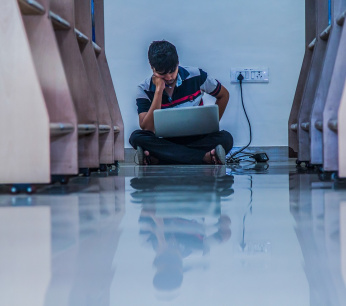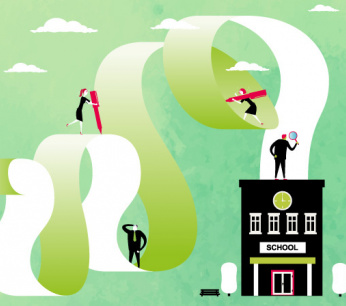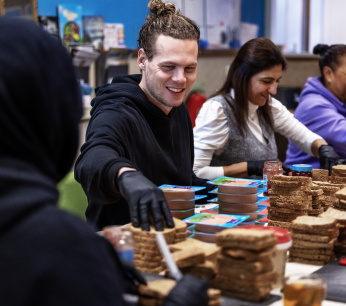Judge: critical report on Utrecht Svpo public
The critical report of the Education Inspectorate about the 'very weak' School for Personal Education (Svpo) in Utrecht will be made public next month. The school board went to court to stop publication, but that request was denied this afternoon.
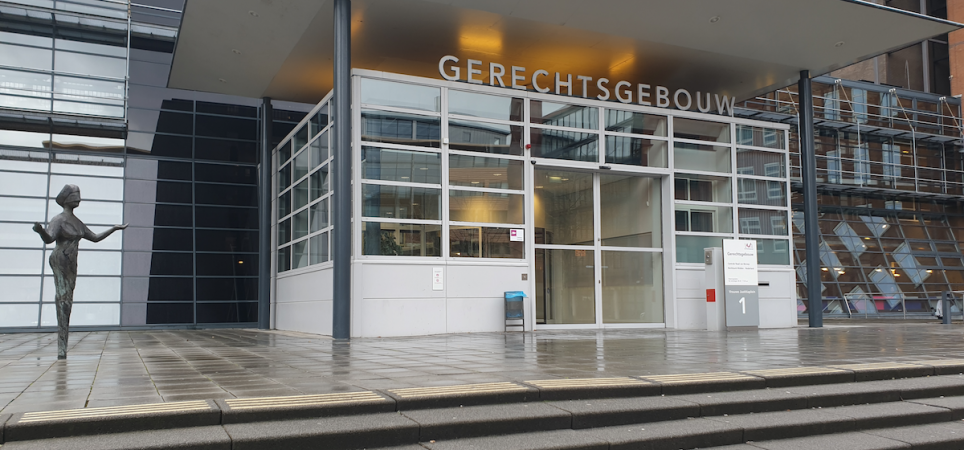
Image: Editors Education Magazine
Last spring, the Education Inspectorate decided to conduct an extensive quality investigation, partly in response to complaints from a number of parents about, among other things, the learning climate and social safety. Inspectors visited the still young school - with two year layers at the time - three times. That eventually resulted in the verdict 'very weak', about which it Education magazine last month reported. The report was to be published on the inspectorate's website in November, but the board is contesting the judgment and wanted to prevent disclosure in the meantime. The judge does not agree with that. The inspectorate may publish the report on 10 January, until then the board can submit an opinion that will be added to it. (Update 10-1: The court has issued the full substantiation of the ruling. And also read the January 7 article about it hard report.)
Criticisms
More details were already revealed during the session last Monday afternoon. According to the inspectorate, the hard judgment is partly based on shortcomings in the quality of the lessons, differentiation in the provision of the teaching material and the way in which the school deals with students who need extra guidance. “The biggest criticism is that some of the students are not developing as you would expect,” the responsible inspector summarized in court.
The biggest point of criticism is that some of the students do not develop as you would expect
The first years form a bridging period, in which, according to the board, students with a VMBO, HAVO and VWO advice or potential are divided into homogeneous level groups as much as possible. Nevertheless, the education offered is too much like a uniformity, the inspectorate finds. “The teaching material in all classes is at HAVO / VWO level, the tests at HAVO level”, the inspectorate pointed out. Pupils at a VMBO / MAVO level who have difficulty keeping up, do not always receive the support they need, the inspectorate argued.
Different school
Arjan Bakker, one of the audience in the public gallery, has a son who came to the school in 2017 with an advice for VMBO-Kader / tl. “He had to keep up with a HAVO level and that didn't work out. Then he was still in chapter three in math while the test of chapter four was coming up. He got completely stuck while the class continued in a tight schedule ”, he tells the Onderwijsblad.
“The result was that he had to do more at home, while pupils were already in school from nine to five. Despite being called the 'personal education' school, he was not given the opportunity to skip too difficult parts. It was very stressful for him, for the whole family. At the open day we were told that there would also be a secondary education. There was one on paper, but we were told that it would be better to find another school because no MAVO exam could be taken. In the end we took him out of school. Now he is following VMBO-tl at another school and that is going very well. ”
We were told that we had better find another school
A number of parents who spoke to the Education Magazine in the past six months have reported similar experiences: students who cannot keep up do not get the help they need. “There are sanctions if students are too far behind. Then, for example, they can no longer enter a day off in the digital system, or they have to come back on a day off. ”
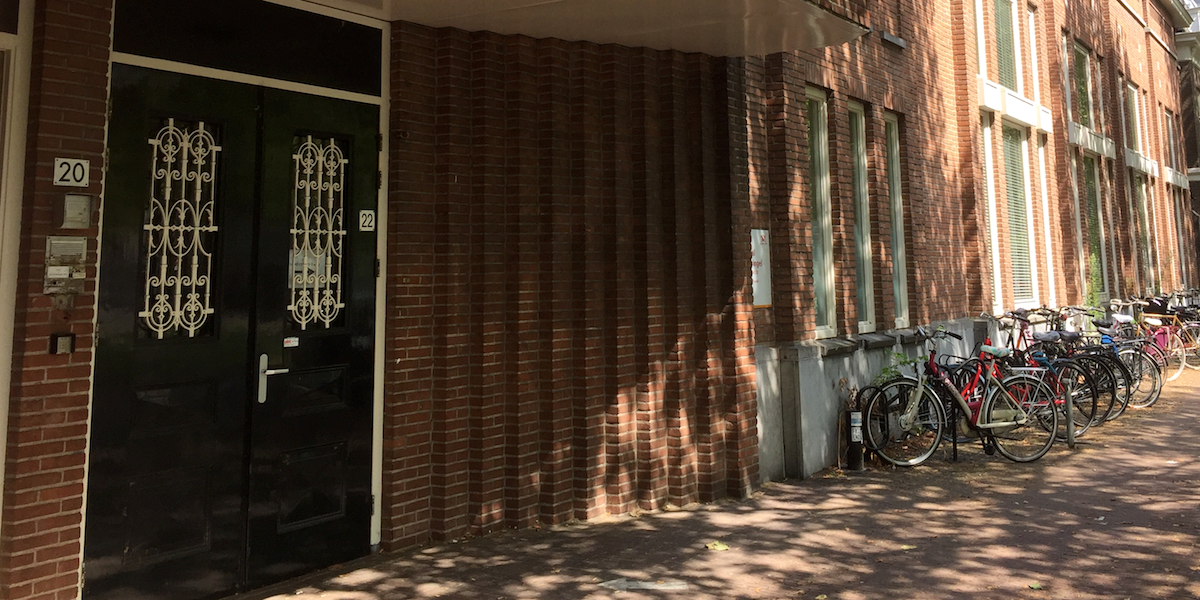
The School for Personal Education on the Utrecht Weerdsingel Westzijde
Switching to a different school in the meantime is often not that easy at all, because schools for personal education have their own curriculum format. As a result, pupils in the first years lag behind in some subjects before and in other subjects compared to the curriculum at many other secondary schools.
Not Affordable
Founder and chairman of the board Misha van Denderen fights the criticism with fire and sword and emphasized during the session that it is precisely a group of students who manage to reach a higher level than the primary school advice. He also contradicted the inspection's finding that there is a lack of social safety at school. "Our safety monitor shows that safety is clearly in order."
Parents with positive experiences are hardly involved in the research, he argued. According to him, the inspectorate in the investigation at the Utrecht school has listened to "a group of complaining parents". “They expected care that is not affordable with our small classes,” says Van Denderen. According to him, the report is colored by that. “It is a subjective judgment, based on anecdotal information, that does not do justice to our school.” The inspector disagrees. "No judgment is based on complaints from parents, the inspectorate has conducted its own investigation."
It is a subjective judgment, based on anecdotal information, that does not do justice to our school.
Former teachers also noted the lack of support for certain pupil needs last school year. "The didactic concept at Svpo consists of stamping work and indiscriminate reproduction," said former teacher Maarten de Jong, who left the Utrecht Svpo last summer. About half of the employees saw the school leave. "Pupils who fall outside the rigid framework or who have an extra support need, leave school again, with a delay." Another factor is that a lot is being asked of the relatively young teachers, who themselves receive little or no supervision, according to another former teacher.
Viable
According to Van Denderen, thanks to the small class sizes, teachers have plenty of room to differentiate, and that is what happens. Pupils who perform above their primary school advice attest to this, he argued. The Svpo board challenges the inspection judgment through a formal procedure in which the inspectorate must reconsider its conclusions. In the meantime, the report must remain in the closet, argued lawyer Wouter Pors, because publication could cost the school students. Not only with the new registration round next March, but also students who are already at the school.
“The intention with an inspection is that an authoritative judgment is given. Parents will think: this is the truth, this school is very weak. There is a very real risk that parents will deregister their children. Then, with some delay, the funding will decrease. This can mean that the school is no longer viable, ”said Pors. Arjan Bakker thinks, just like the inspectorate, that the report should be made public as soon as possible. "Parents have the right to information to prevent them from experiencing the same thing as us."
